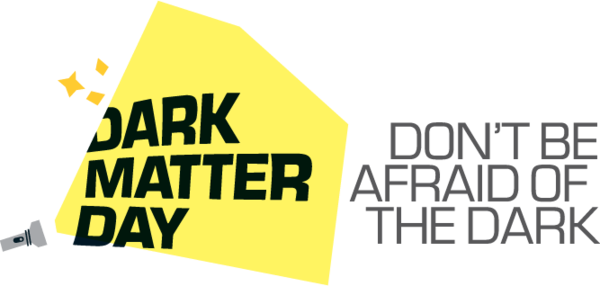SNOLAB celebrates the hunt for dark matter

Something unseen is lurking in our universe. Something that accounts for far more matter than the planets, stars, asteroids, and everything we can see around us. Astronomers and astrophysicists believe that the roughly 25 percent of the missing mass and energy in the universe is made up of dark matter. What it is exactly, remains a mystery.
Dark Matter Day is an international event, hosted by the Interactions Collaboration that aims to shed some light on this mystery. From Oct. 26-31 events around the globe will highlight the search for dark matter. The goal of this event is to spread the word about the many fascinating ways scientists search for dark matter, and the importance of devoting scientific resources to unraveling this cosmic riddle.
On Tuesday October 27th at 12PM ET, SNOLAB will be partnering with Science North, Canada’s second largest science centre, to host a live event. SNOLAB Research Scientist Pietro Giampa will sit down (virtually) to chat with Science North Staff Scientist Olathe MacIntyre for a special Dark Matter Day edition of Bluecoat Talks. Get your questions ready and tune in to ask them live! This event will be streamed on Facebook from both the SNOLAB and Science North accounts.
SNOLAB will once again host its annual Twitter takeover by a dark matter particle. On October 30th, a sarcastic dark matter particle will take over the SNOLAB Twitter feed and spend the day making comments and sharing the life of a dark matter particle. Tune in, it might even share some science.
Though scientists have yet to detect dark matter, indirect evidence tells us it exists—in the gravitational effects of galaxies and the way light bends around unseen objects in space. Understanding the nature of dark matter will help us better understand the universe in which we live. But scientists are not sure yet what this mysterious substance is composed of. The answer, when it comes, will require a complete re-write of our understanding of physics.
There are a host of innovative experiments searching for the source of dark matter using different types of tools, such as detectors built deep underground and powerful particle beams and telescopes based both on Earth and in space. For more on the global hunt for dark matter, visit the Interactions collaboration’s Dark Matter Hub.
Dark Matter Day events this year will take place virtually, making them accessible to a worldwide audience. Explore the many opportunities by visiting the Dark Matter Day event listings.
For more information contact:
Blaire Flynn
Education and Outreach Officer
SNOLAB
Blaire.Flynn@snolab.ca